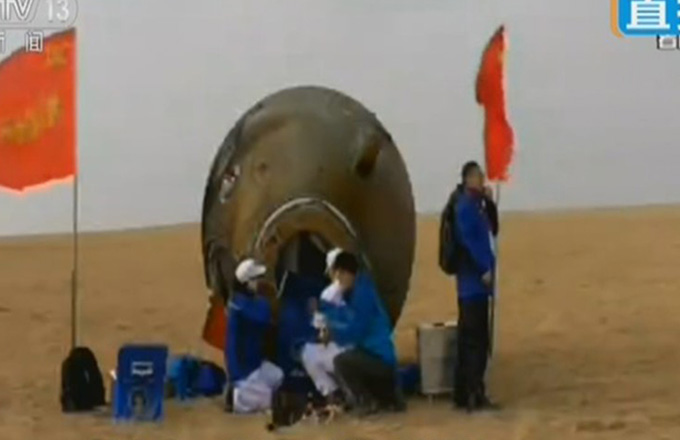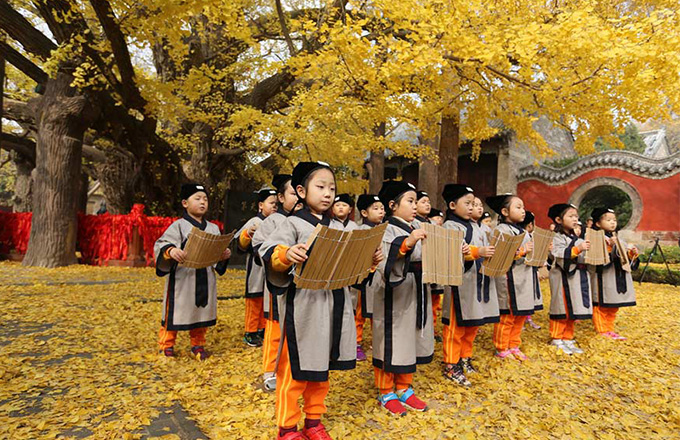Chinese pay to stay at others' homes
Many of China's independent travelers - those who do not book trips with travel agencies or groups - are taking to minsu, a new study has found.
The Chinese term is used for accommodations that range from boutique hotels to homestays - and offer opportunities to experience local lifestyles. Bed-and-breakfasts are inside the purview.
Compared with 2015, the growth in demand for such accommodations was huge in the first three quarters of the year, mafengwo.cn, a prominent tourism website, said in its 2016 Hotel Reservation Report of Independent Chinese Travelers. The study was based on big data from the site's partner hotels. It didn't reveal the base figure.
The trade journal China Tourism News reported that there were more than 40,000 such accommodations in China, with the sector's market value standing at around 20 billion yuan ($2.9 billion).
They are seen in large numbers in such cities as Lijiang and Dali in Yunnan province, where prices range between 318 yuan and 801 yuan per night.
"You can stay with a local and rub shoulders with other residents of the neighborhood. Each visit gives you a different experience," Ma Yutao, head of the website's research, told China Daily.
Independent travelers also prefer to stay in a minsu because Chinese increasingly want better value for their money.
According to the website, these travelers want clean rooms and convenient locations. Many travelers commenting on the website said they expected their hosts to be "hospitable, talkative or humorous". Some said they preferred hosts who are "adept at cooking and good-looking or can drive".
"The advantages of regular hotels are their standardization and good locations," said Yu Feifei, a frequent traveler from Xiamen, Fujian province. "You know they are going to be good, but there will be no surprises."
The 31-year-old said minsu are more attractive because some provide living experiences to the average traveler, who cannot own anything like them.
"I like to stay in ancient houses with local features," she said.
China has many small boutique hotels that draw tourists with their distinct designs, such as courtyard houses. Yu said she once stayed in a wooden house in Wuyuan, Jiangxi province, that made her feel like she was time-traveling.
"Sometimes I stay in minsu because I like their delicate design and the personality of the host," said Wang Ying, an office worker from Haikou, Hainan province.
"It's the cool people you meet who make your journey cool," the 28-year-old added.
When she traveled to Milan last year, her host at a homestay was a musician and invited her to his band's public performance. Then, in Melbourne in May, a couple in their 60s hosted her in their house where she was well looked after. They took on a trip to see kangaroos.
But the minsu business has its downsides.
Ma said the costs of maintaining such properties are high, and occupancy depends on such seasons as holidays and weekends. In addition, some travelers have security concerns before arriving because they do not know what their hosts will be like. He suggested that travelers refer to other guests' comments to make the best decisions.
The report said that independent travelers generally book hotels in China only a week before their trips but usually book accommodations abroad a month in advance. The average costs for domestic hotels was 553 yuan, and foreign hotels were 1,350 yuan in the first three quarters of the year.
Chinese travelers are also spending more money on island hotels, like in Tahiti and the Maldives, where they can enjoy colorful activities such as spa visits and dining on cuisine.

















